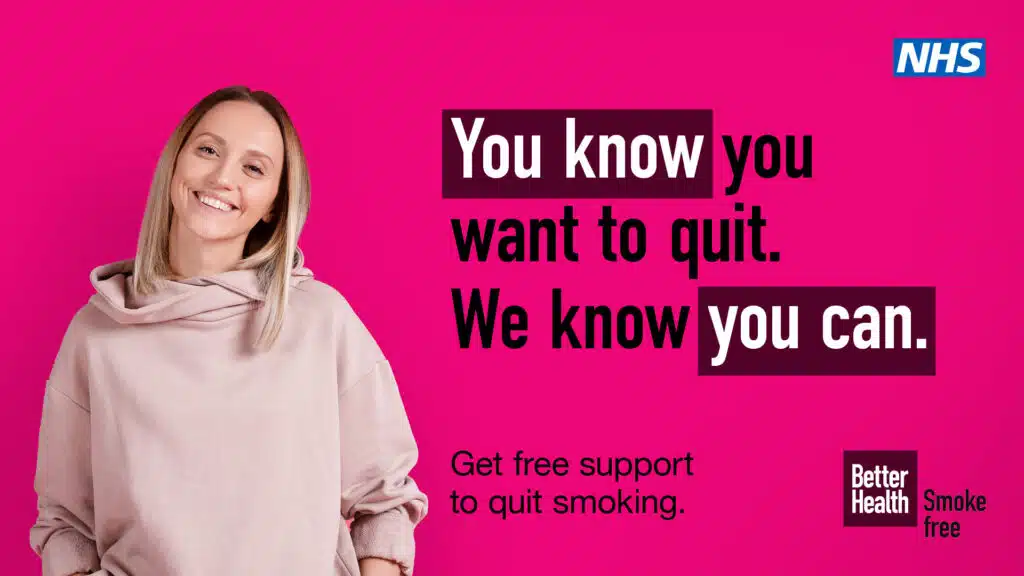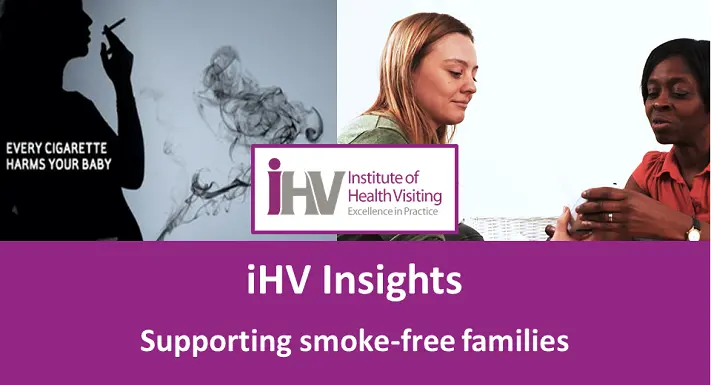The 40th anniversary of No Smoking Day takes place on Wednesday 13 March. There are over 5.3 million adults in England who still smoke, and smoking remains the single largest preventable cause of death in England. In fact, up to two in three smokers will die as a result of long-term smoking. Almost every minute of every day someone is admitted to hospital in England with a smoking-related disease and in 2022-23, there were an estimated 400,000 hospital admissions in England due to smoking and one in four hospital patients is a smoker.
Despite the clear health risks of smoking, it’s estimated that nearly 50 million cigarettes are smoked every day in England – around nine cigarettes a day per smoker.
However, smoking rates have reduced considerably since the first year of No Smoking Day 40 years ago and this year’s No Smoking Day campaign aims to continue this pattern and encourage people to quit by offering free proven NHS resources and advice.
Be part of the change and help build a smokefree generation. A range of resources to help support No Smoking Day (Weds 13 March 2024) are now available to download from the OHID Campaign Resource Centre. These can be used by health care professionals to help drive awareness and encourage smokers to make a quit attempt.
Resources include:
• Posters
• Digital screens
• Social static assets
• Email signatures
• Social animated assets providing tips on quitting, support available and the health benefits of quitting
• Toolkit including campaign overview, key messages and suggested social posts.
Any queries about the campaign can be sent to: [email protected].






